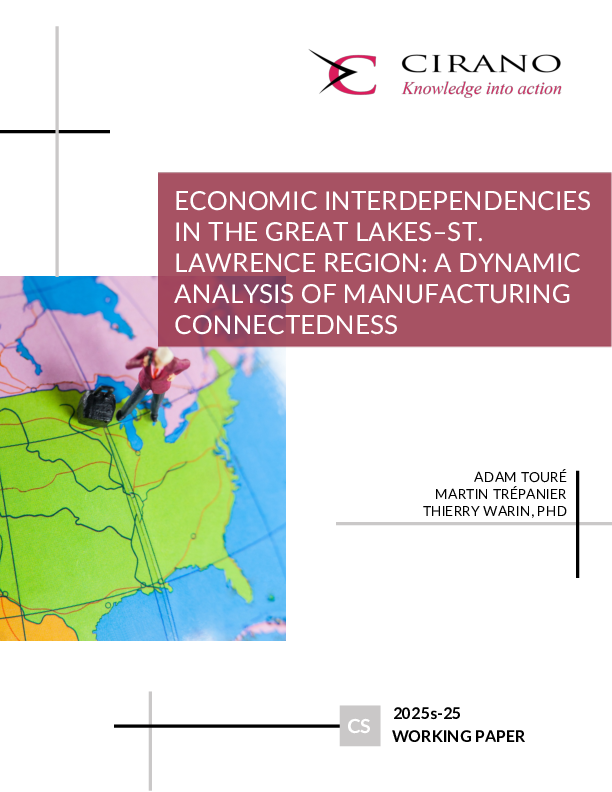Confidence Biases and Learning among Intuitive Bayesians
We
design a double-or-quits game to compare the speed of learning one’s specific ability
with the speed of rising confidence as the task gets increasingly difficult. We
find that people on average learn to be overconfident faster than they learn
their true ability and we present a simple Bayesian model of confidence which
integrates these facts. We show that limited discrimination of objective differences,
myopia, and uncertainty about one’s true ability to perform a task in isolation
can be responsible for large and robust confidence biases, namely the hard-easy
effect, the Dunning-Kruger effect, conservative learning from experience and
the overprecision phenomenon (without underprecision) if subjects act as
Bayesian learners. Moreover, these biases are likely to persist since the Bayesian
aggregation of past information consolidates the accumulation of errors and the
perception of contrarian illusory signals generates conservatism and
under-reaction to events. Taken together, these two features may explain why
intuitive Bayesians make systematically wrong predictions of their own
performance.
[ - ]




